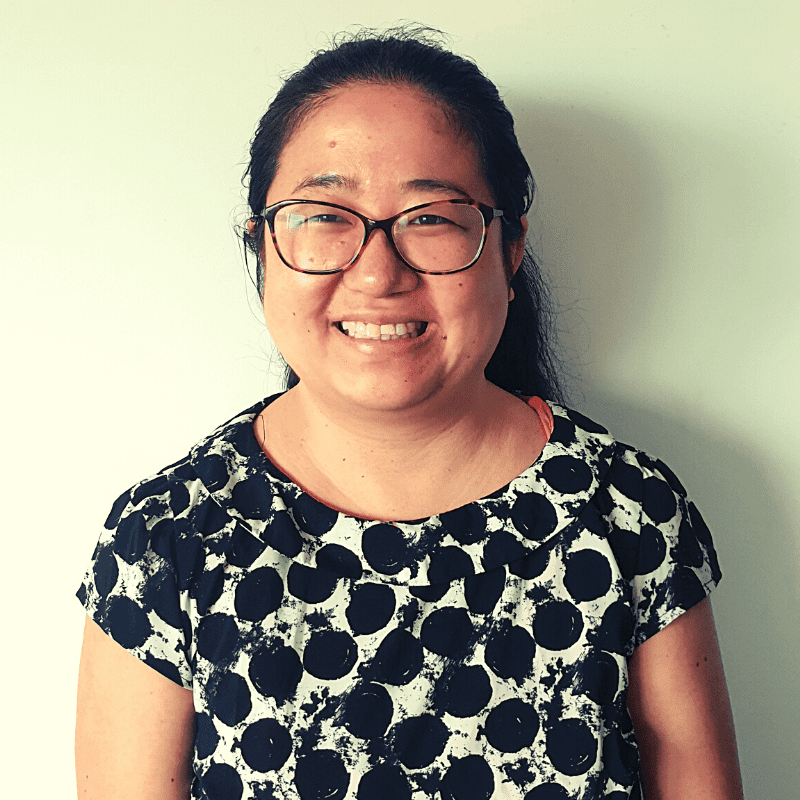Like many others, I followed the Novak Djokovic Australian Open visa debacle. It’d be hard not to as it was everywhere and I’m a slightly apologetic but avid social media junkie.
When it first popped up I felt a surge of righteous anger, not for him, but against the Australian government (state and federal) and Tennis Australia. The Australian Open was a hot topic last year too because of covid, with many elite tennis players being let into Australia at a time when many Australians wanting to visit family and friends were barred.
And so when the news broke that Novak Djokovic had obtained a visa exemption to go to Melbourne and play tennis, I was angry. More elitism and preferential treatment. How dare they? Over the past few weeks, more details came to light and it’s brought up a lot of debate on Australia’s strict Covid policies, raised many discussions about vaccinations and boosters and testing, there has been blame shifting from all the parties involved, quite a bit of animosity from the Serbian president and eventually Djokovic had to go back to Serbia, potentially banned for the next three years.
It has also brought into the open the indefinite detention of many refugees, also housed within the same (apparently not so pleasant) hotel where Djokovic was being held. Personally, I’m glad that refugee activists were able to use this controversy to highlight the inhumane treatment of refugees and I hope it spurs some action from the government.
But it isn’t news that many refugees are treated with cruelty in Australia. I remember stories about asylum seekers setting themselves on fire to protest the conditions in some of the refugee camps. There are probably more horrendous stories that never come to light because governments have actively suppressed information about the conditions they’re held in.
Because of covid, many of us also know first hand how difficult it is to be in lockdown, how it adversely affects our mental health, how your world shrinks to a few small spaces, the same ones day in and day out.
At least we were mostly able to have our daily exercise walks and I know many people who discovered the beauty of nature in their own backyards and local parks and green spaces. And those of us able to stay in and work from home were the lucky ones who could hide from the virus if we wanted to.
I feel a deep, deep sadness for the refugees, these asylum seekers – these people sitting in that hotel in Melbourne (and in all the places they’re being held in Australia and around the world). Novak Djokovic has got out of there, some tennis was played (not by him though), the spotlight has faded, and the media has left.
But and they will still be there – sitting in a dark room, without a window. Not knowing if or when they can get out and start living the new life that they went to find.





